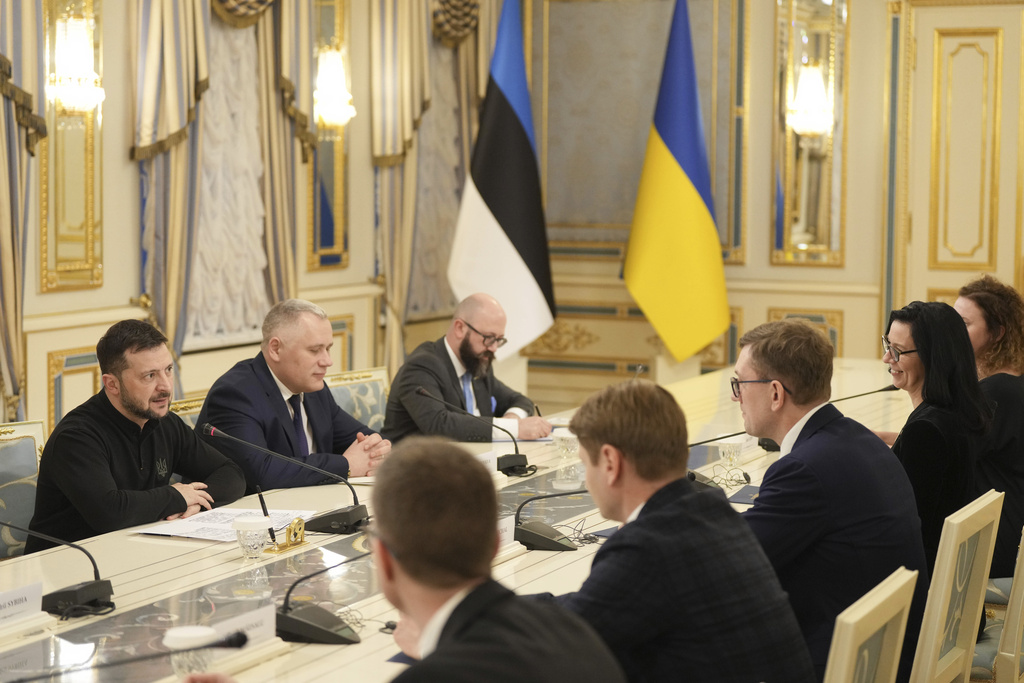Estonia Signals Readiness to Contribute Troops to Ukraine Peacekeeping Mission

Estonia has announced it is prepared to contribute up to one company of troops to a potential peacekeeping mission in Ukraine, expressing one of the clearest commitments to join international “forces of deterrence” once a settlement is reached.
The Gaze reports this, referring to Reuters.
Prime Minister Kristen Michal made the statement on Friday during talks in Tallinn with his Finnish counterpart, Petteri Orpo.
Michal also stressed that Estonia had already publicly confirmed its readiness to contribute to the deterrence forces being formed by the “coalition of willing” partners supporting Ukraine.
“A just and lasting peace requires robust security guarantees for Ukraine so that Russia would not even contemplate repeating its aggression. We are now waiting for other countries to step forward with their contributions,” he said. However, Michal did not specify the exact number of personnel.
The Estonian PM went on to commend Finland for its diplomatic efforts both in Washington and beyond, aimed at halting Russia’s assault on Ukraine.
“Putin’s objectives remain unchanged. He seeks to undermine a sovereign Ukraine and to rewrite Europe’s existing security order. Estonia will never recognize any attempt to alter borders by force,” Michal declared.
The positions of the main countries on sending peacekeepers to Ukraine remain mixed. The U.S. rules out deploying ground troops but signals readiness to provide air support, while pressing European allies, especially the UK and France, to take the lead on the ground.
Germany is cautious, stressing that too many uncertainties remain and avoiding clear commitments, with debates inside Berlin ranging from an EU-NATO mission to a possible UN “blue helmets” framework. Meanwhile, several smaller EU states, including Denmark, Sweden, the Netherlands, Spain, Portugal, and the Baltic countries, have expressed readiness in principle.
As The Gaze reported earlier, the Head of the German Soldiers’ Union warned European NATO leaders against being naive in discussions about peacekeeping forces in Ukraine, emphasizing that their deployment would require tens of thousands of troops for an extended period of time.